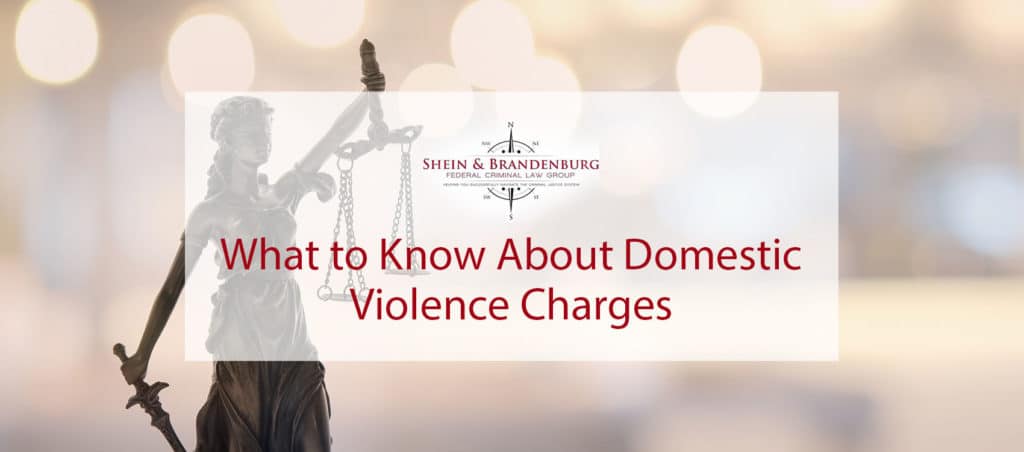Breaking Down Domestic Violence Charges
Law in the state of Georgia defines family violence as one of several types of criminal acts that occur between family members. These offenses result in particularly severe penalties that can impact a person’s life and create obstacles pursuing an education or a career. Not only will this article take a look at the nature of domestic violence charges, but it will also examine the role of protective orders in Georgia.
What Constitutes Family Violence
To constitute family violence, an act must satisfy two different criteria:
- The action must include assault, battery, criminal damage to property, criminal trespass, simple assault, simple battery, stalking, or unlawful restraint.
- The act must be committed against someone who is a current or former spouse, children, parents, foster children, foster parents, stepchildren, and stepparents.
Reasonable discipline of a child does not equate to family violence. Also, the Georgia Family Violence Act does not apply to people who are in a romantic relationship and do not have a child together or have never lived together.
Penalties for Domestic Violence
Many acts of family violence result in more severe penalties than the same acts committed against people with whom one does not share a domestic relationship.
The first conviction of domestic violence results in a person facing 12 months in jail and a $1,000 fine. Additional convictions of domestic violence are classified as felonies that can result in a much more extended period of imprisonment.
Protective Orders in Georgia
A person in Georgia who alleges family violence can claim a petition to obtain a protective order. These petitions must claim that the petitioner (or the person who filed the petition) experienced family violence at one or more times in the past. A hearing regarding the petition must be held within 30 days of the date that the petition is filed unless the parties agree to hold the hearing after 30 days from the date that the petition is filed.
If issued, a family violence protective orders only last for a period of one year. These orders, however, can be extended indefinitely.
During a hearing, both parties have the opportunity to present evidence to the judge. The judge then has the ability to issue a protective order, which can:
- Restrain a person from committing acts of violence
- Grant the petitioner exclusive use of a home
- Award temporary custody of children
- Award property
- Award support
- Require a person to receive counseling or psychiatric treatment
- Award payment of attorney’s fees to the party that prevails
Violation of a family violence protective order can result in a person being punished by the court and in some circumstances a person can even end up facing criminal charges.
Speak with an Experienced Criminal Defense Lawyer
If you are convicted of family violence, do not hesitate to speak with one of our experienced criminal defense lawyers. Our attorneys will evaluate the evidence involved with your case and help you determine your available defenses. At the Federal Criminal Law Center, we are prepared to protect the rights of people who are convicted of domestic violence charges. Contact us today for a free case evaluation.


